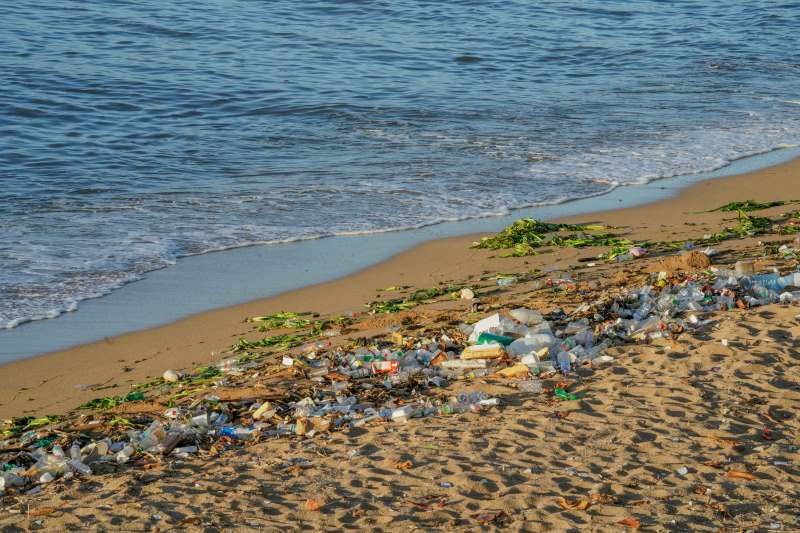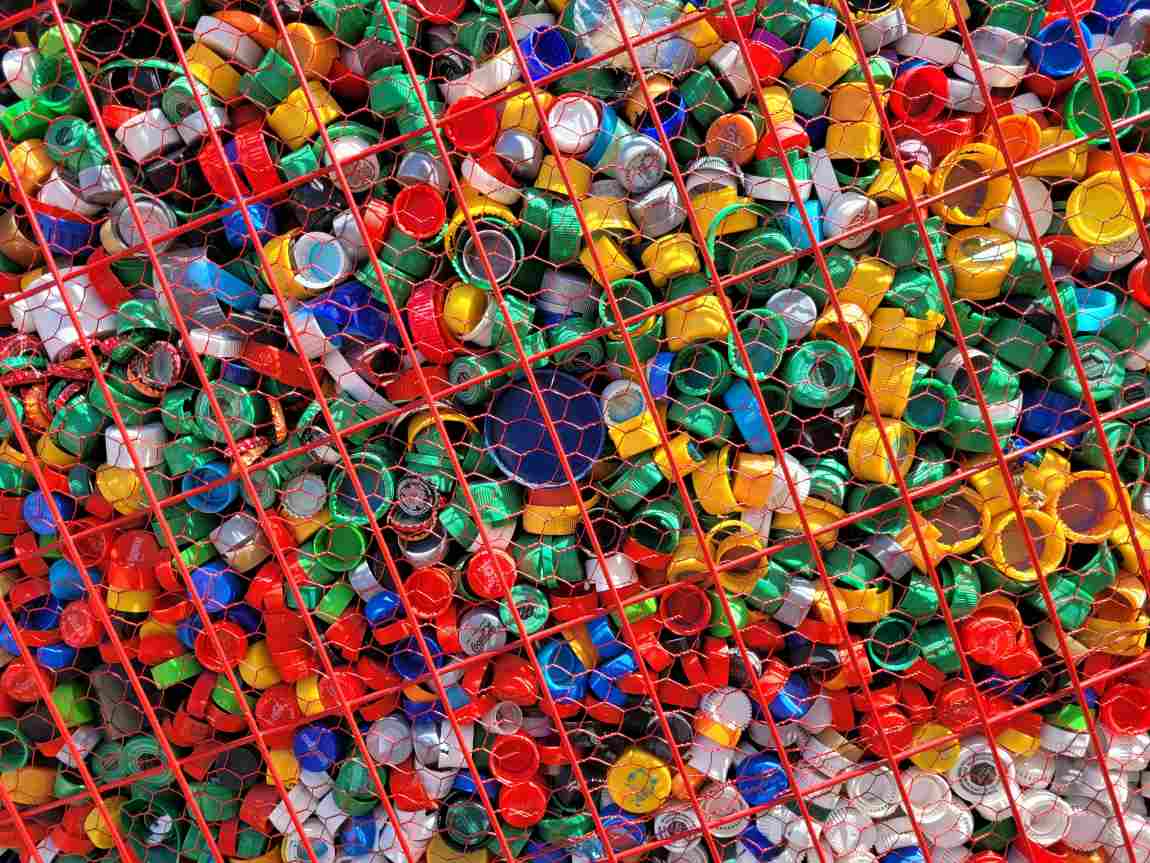Talks aimed at striking a landmark treaty on tackling the scourge of plastic pollution ended Friday with no consensus on a last-ditch proposal aimed at breaking the deadlock.
Negotiators from 185 countries went through the night in a bid to try and find common ground between nations wanting bold action such as curbing plastic production, and oil-producing states that wanted any treaty to focus more narrowly on waste management.
But the talks at the United Nations in Geneva, which began on August 5, ended without a deal, despite running past Thursday’s deadline.
After a talks session held behind closed doors broke up, countries gathered in the UN Palais des Nations’ main assembly hall to reflect on the impasse and consider where they go from here.
“We will not have a treaty to end plastic pollution here in Geneva,” Norway’s negotiator said as country representatives took the floor following talks that went through the night.

“We have missed a historic opportunity but we have to keep going and act urgently. The planet and present and future generations need this treaty,” said Cuba.
Palau, speaking for 39 small island developing states (SIDS), voiced frustration at repeatedly investing resources and personnel in such talks and “repeatedly returning home with insufficient progress to show our people”.
“It is unjust for SIDS to face the brunt of yet another global environmental crisis we contribute minimally to.”
The High Ambition Coalition, which includes the European Union, Britain and Canada, and many African and Latin American countries, wanted to see language on reducing plastic production and the phasing out of toxic chemicals used in plastics.
A cluster of mostly oil-producing states calling themselves the Like-Minded Group — including Saudi Arabia, Kuwait, Russia, Iran, and Malaysia — want the treaty to have a much narrower remit.
“Our views were not reflected… without an agreed scope, this process cannot remain on the right track and risks sliding down a slippery slope,” said Kuwait.
More than 400 million tonnes of plastic are produced globally each year, half of which is for single-use items.
While 15 percent of plastic waste is collected for recycling, only nine percent is actually recycled.
Nearly half, or 46 percent, ends up in landfills, while 17 percent is incinerated and 22 percent is mismanaged and becomes litter.
rjm/giv
© Agence France-Presse
Article Source:
Press Release/Material by AFP
Featured image credit: Killari Hotaru | Unsplash




